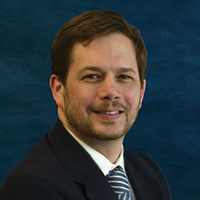Dane County, WI Criminal Lawyers
Sponsored Law Firm
-
 x
x

Click For More Info:
-
Hurley Burish, S.C.
33 East Main Street Suite 400 Madison, WI 53703» view mapEstate and Criminal Defense Law A Law Firm You Can Trust
Dedicated to providing clients with the comprehensive, creative, and thorough work.
608-257-0945
David M. Stegall
✓ VERIFIEDCriminal, Accident & Injury, Workers' Compensation, Animal Bite
David M. Stegall is a shareholder at Lawton & Cates who was admitted to the Wisconsin Bar in 2006 after graduating cum laude from Marquette University... (more)
David E. Saperstein
✓ VERIFIEDCriminal, Traffic, DUI-DWI
David E. Saperstein is first, and foremost, a trial lawyer. He is in his element, at his best, when he is advocating for his clients in the courtroom.... (more)
Jennifer M. Schank
Health Care, Criminal, Civil & Human Rights, Insurance
Status: In Good Standing Licensed: 14 Years
Bart D. Achterberg
Accident & Injury, Criminal, Estate, Real Estate, Elder Law
Status: In Good Standing Licensed: 22 Years
John D. Hanson
Criminal, Family Law, Children's Rights, Personal Injury
Status: Inactive Licensed: 58 Years
Rachel Ann Krueger
Criminal, Employment, Lawsuit & Dispute, Traffic
Status: In Good Standing Licensed: 11 Years
 David Saperstein Madison, WI
David Saperstein Madison, WI Practice AreasExpertise
Practice AreasExpertise


